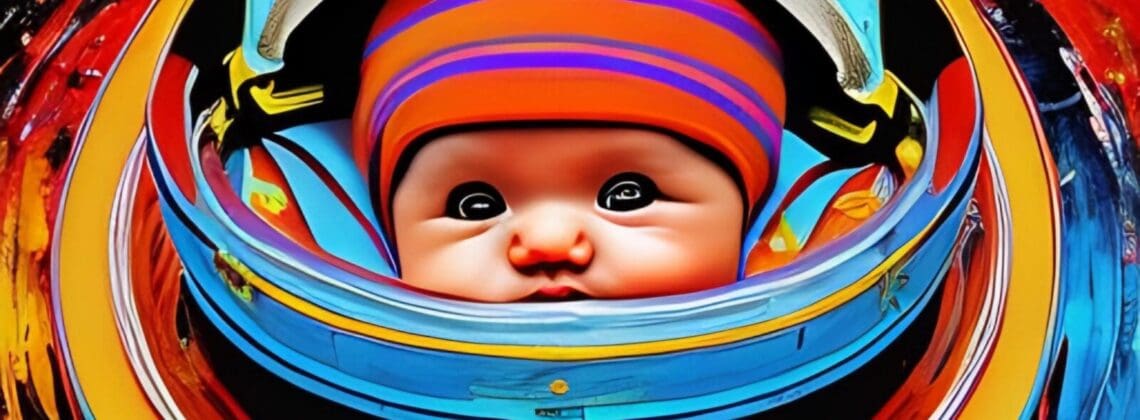
According to science, medical dictionaries embryologists, geneticists, and other experts: that which results from the fertilization of a human mother’s egg by a human father’s sperm is another unique human being: an unborn human baby.
This is an article brief, providing a quick summary of an important issue or fact. In this brief, the scientific facts concerning the humanity of the preborn human — commonly referred to as “fetus” — are addressed directly.
For more science resources visit our science resource page. This article will be updated in the future with more information. It was last updated January 19, 2023.
Fetus is defined by the dictionary as unborn baby
Scientifically speaking, a fetus (medically defined by the Oxford Concise Medical Dictionary as “unborn baby”) is not her body.

Unborn baby has its own circulatory system and blood which doesn’t mix with mother’s
During development, the blood of the unborn child does not mix with his/her mother’s. During the entirety of gestation, their circulatory systems remain separate.
The baby is by definition not a parasite. Scientifically speaking, the baby is no less a human being than when the woman gives birth.
The unborn baby has its own unique DNA
A fetus has the same DNA when he or she is conceived as when he or she is born, when he or she turns 12, when he or she gets married, has kids of their own, grows old, and when he or she dies. The only, biologically significant difference between the baby in the womb and person in the nursing home is stage of development.
“When does a human being normally begin?”
In her brilliant article, “When do human beings (normally) begin?”, Dr. Dianne Irving presents the biological evidence for the humanity of the preborn child. Published in 1999, this was peer reviewed and has been widely circulated since. Nothing she presented in her paper was controversial. It is basic embryology. From her paper,
As such he/she is a single-cell embryonic zygote, an organism with 46 chromosomes, the number required of a member of the human species. This human being immediately produces specifically human proteins and enzymes, directs his/her own further growth and development as human, and is a new, genetically unique, newly existing, live human individual. After fertilization the single-cell human embryo doesn’t become another kind of thing. It simply divides and grows bigger and bigger
“When do human beings (normally) begin?” Irving, Dianne N. International Journal of Sociology and Social Policy. 1999, 19:3/4:22-36
This article is a brief, and is not meant as a thoroughly discussion of the topic. It is a starting point, a point of reference, a go-to. Please visit our science resource page for more quotes and citations regarding the humanity of the preborn, along with links to more articles like this and others.


